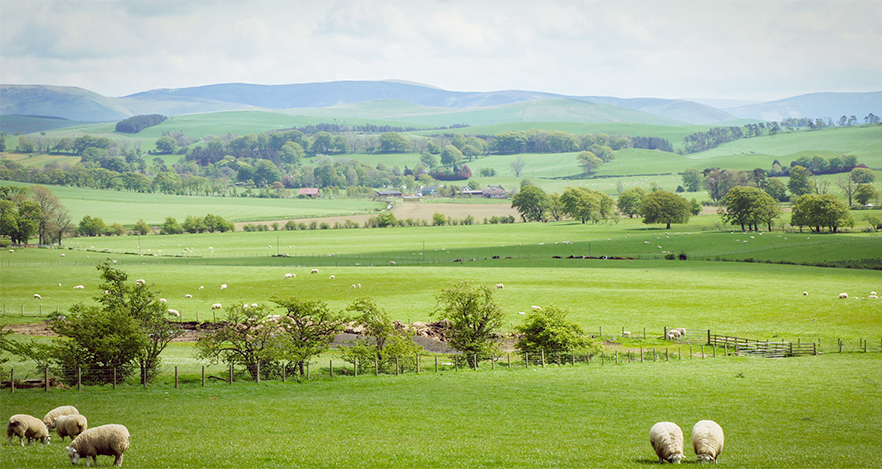
Councils have no business owning farms according to the Tax Payers' Alliance who recently published assets owned by local authorities which included possession of 2,586 farms despite the scale of Britain's financial challenge.
The Alliance also drew attention to a cheese factory owned by Dumfries and Galloway local council.
Jonathan Isaby, Chief Executive of the TaxPayers' Alliance, said: "It looks deeply hypocritical for councils to plead poverty as an excuse for hiking Council Tax when they've got such a huge asset portfolio.
"Local authorities should be focussed on essential services. The time has come for a serious discussion on what councils should, and should not, be doing - a drastic rethink which saw many of these assets returned to the private sector where some of them clearly belong would be a dramatic step towards a balanced budget and protecting taxpayers."
But the Tenant Farmers Association defended council ownership of land, TFA Chief Executive George Dunn said he was 'bemused' by the 'over simplistic' approach taken by the Tax Payers' Association, which he said had made errors of fact and analysis in their report.
"Rather than attacking local authorities for owning these assets, it should be lobbying them to maximise returns from these assets for the benefit of all communities of interest.
"Farms are, after all income earning assets which if managed in accordance with a sound plan can yield significant returns which can feed directly into frontline services and reduce the burden of taxation on local communities.”
“The Tax Payers Alliance proposes an approach which would lead to the worst of all worlds – disposal of the assets.
"If the Alliance wants to ensure that council tax payers get the worst value then carry on. However, local authorities are required, rightly, to obtain best value. This is achieved through careful strategic and operational management, taking opportunities for disposal of individual high-value parcels of land subject to planning consent or marriage value to neighbouring land whilst at the same time earning a rental which will go directly into council coffers,” said Mr Dunn.
“Getting a bundle of cash from a capital disposal might seem like a good idea, but what about Councils’ long-term commitments for nursing care, education, children’s services and other frontline activities? If Councils rid themselves of all their income earning assets then inevitably they will have to rely more upon the Council Tax to fund these services.
"Surely not what the Tax Payers Alliance wants to see,” said Mr Dunn.
“Of course the TFA wants local authorities to retain these farms to provide opportunities for individuals to be farmers in their own account but what we are saying is this does not have to be at the expense of other council services.
"Indeed, we argue most strongly that with good management these estates can provide those vital opportunities whilst at the same time yielding financial returns and a sound balance sheet to local authorities to contribute to frontline services,” said Mr Dunn.
“It is also important that local authorities consider the wider, non-monetary benefits of owning farms including management of the green belt, planning, education outside the classroom, flood relief, renewable energy and access by the public. All these important outcomes would be jeopardised by an ill thought through fire sale of vital assets. So perhaps the Tax Payers Alliance would like to think again,” said Mr Dunn.
